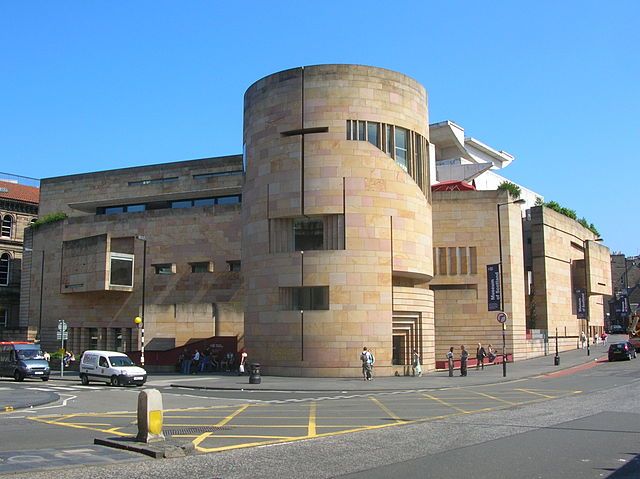The latest round of HLF funds have been announced and it includes an especially large grant for the National Museum of Scotland based in Edinburgh. The money is earmarked for renovation and opening of two new galleries. These two new areas will educate and inform visitors about Ancient Egypt and East Asia, two fascinating periods of history that always prove a massive draw.

By No machine-readable author provided. Maccoinnich~commonswiki assumed (based on copyright claims). – No machine-readable source provided. Own work assumed (based on copyright claims)., CC BY-SA 3.0, https://commons.wikimedia.org/w/index.php?curid=212201
The renovations will include facilities at the National Museum of Scotland to display some impressive collection items:
- The Qurna Burial. This is notable as it is the only intact burial on display outside of Egypt. Flinders Petrie discovered the tomb in 1908
- A statue built in honour of Snefru, the Pharaoh responsible for building the first true Egyptian pyramid
- A gilt bronze bodhisattva statue from 16th century China
- Japanese woodblock prints – of which the museum has many
The museum houses artefacts of local, national and international importance. The above list are amongst the most treasured.
About the National Museum of Scotland
The National Museum of Scotland began in 1985 following an Act of Parliament. It was the amalgamation of several museums dedicated to cultural history, science and natural history. To house the amalgamated collections required a new building. The older part of the complex dates back to 1861 when the first of its kind opened in the Scottish capital. Today, it is part of a network of national Scottish museums featuring collections on science and natural history, history and archaeology. Home to objects significant to Scotland’s own national identity and pride and internationally important, it is well worth a look and one of the most visited museums outside of London.
